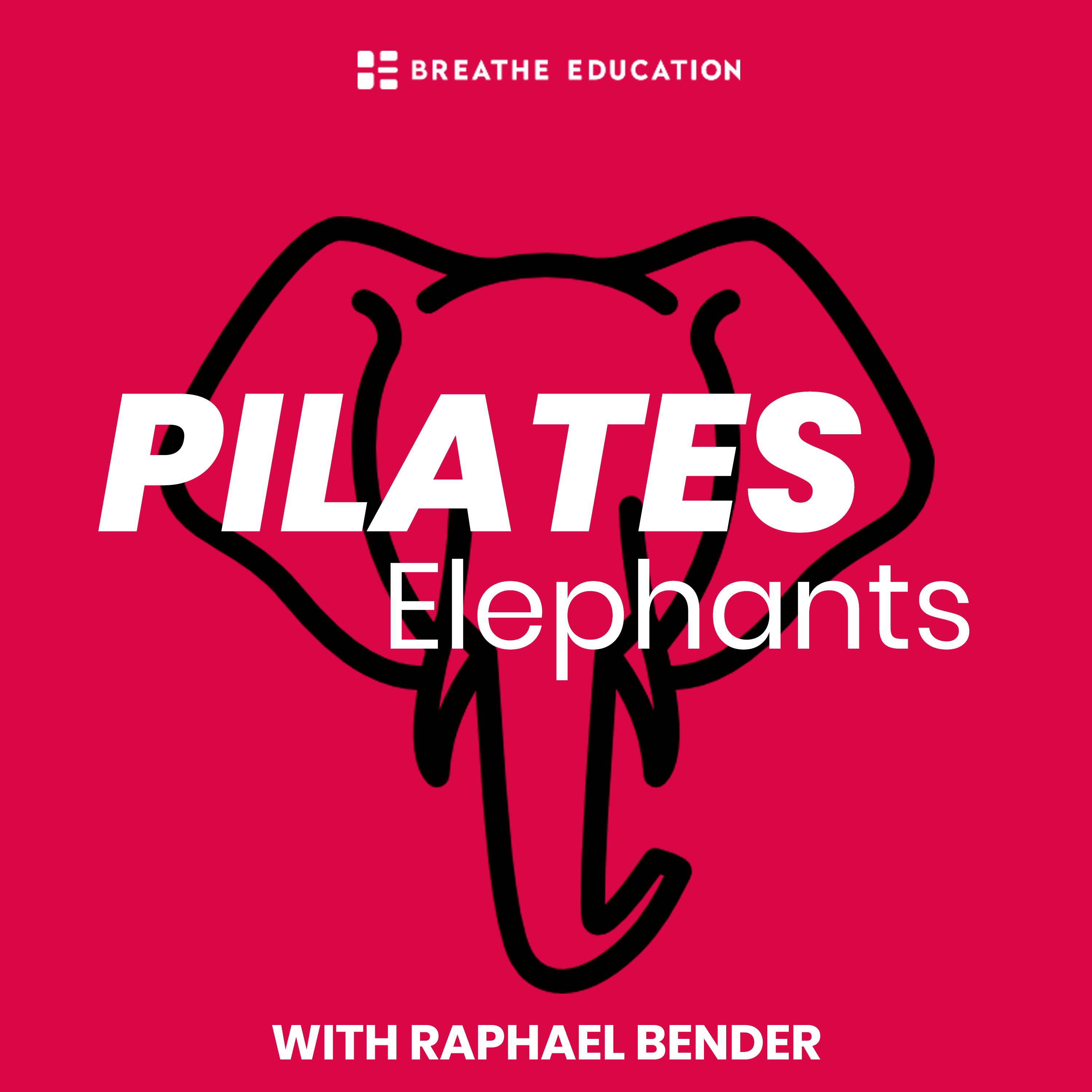Episode 29
29. Scapular Stability?
Shoulder stability – sounds like something you want more of, right?
In the Pilates world we have a lot of rules around how the shoulders are supposed to sit, and how they’re supposed to move.
From “shoulders down your back”, to increasing activation of the “good” scapular muscles (lower trapezius and serratus anterior), to avoiding winging and anterior tipping of the scapulae.
But is shoulder stability even a thing, or did we just make it up?
TLDR – probably not a thing.
Warning: This is probably our most risqué conversation to-date.
Resources mentioned in the episode:
- Experienced physios diagnosis of shoulder instability depends a lot on whether they think the patient has pain in that shoulder here
- Most MRI findings are not different between painful and non-painful shoulders here
- No relationship between acromio-humeral distance and shoulder pain here
- Surgery for “shoulder impingement” is no better than placebo here and here and here
- Rehabilitation of the scapula to an idealised position is not supported by current evidence here
- Hickey et al. scapular dyskineses increases risk of future shoulder pain by 43%, or zero, depending on whether you include 1 study here
- Shoulder researcher Professor Chris Littlewood’s commentary on the Hickey et al. review here
- People who get poor results from exercise also get poor results from surgery here
- Equal pain relief after rotator cuff repair surgery, regardless of whether the surgical repair remains intact here
- Adam Meakins’ famous SHITS (something hurts in the shoulder) diagnosis tweet here
- Natural history plays a substantial role in recovery from shoulder pain regardless of surgery here and here
- Expectation of good outcome is the best predictor of outcome for people with shoulder pain here
- No clear evidence that scapular-focussed rehabilitation is more effective than general shoulder strengthening here
- Home-based strengthening and stretching are equally effective as supervised physiotherapy for “shoulder impingement” here
- So is a single home exercise based on the most painful movement here
- Good old fashioned progressive strengthening is effective for shoulder “impingement” here
- No difference in outcomes between specific scapular stabilisation exercises and general shoulder strengthening for shoulder impingement here
- There is a lack of evidence that scapular stabilisation exercises can actually change scapular mechanics, but the good news is you don’t need to change scapular mechanics to improve pain and function here
Connect with me on Instagram: @the_raphaelbender
Download a free course guide:
Become a Breathe Education Mentor Affiliate: Program info
This podcast uses the following third-party services for analysis:
AdBarker - https://adbarker.com/privacy


